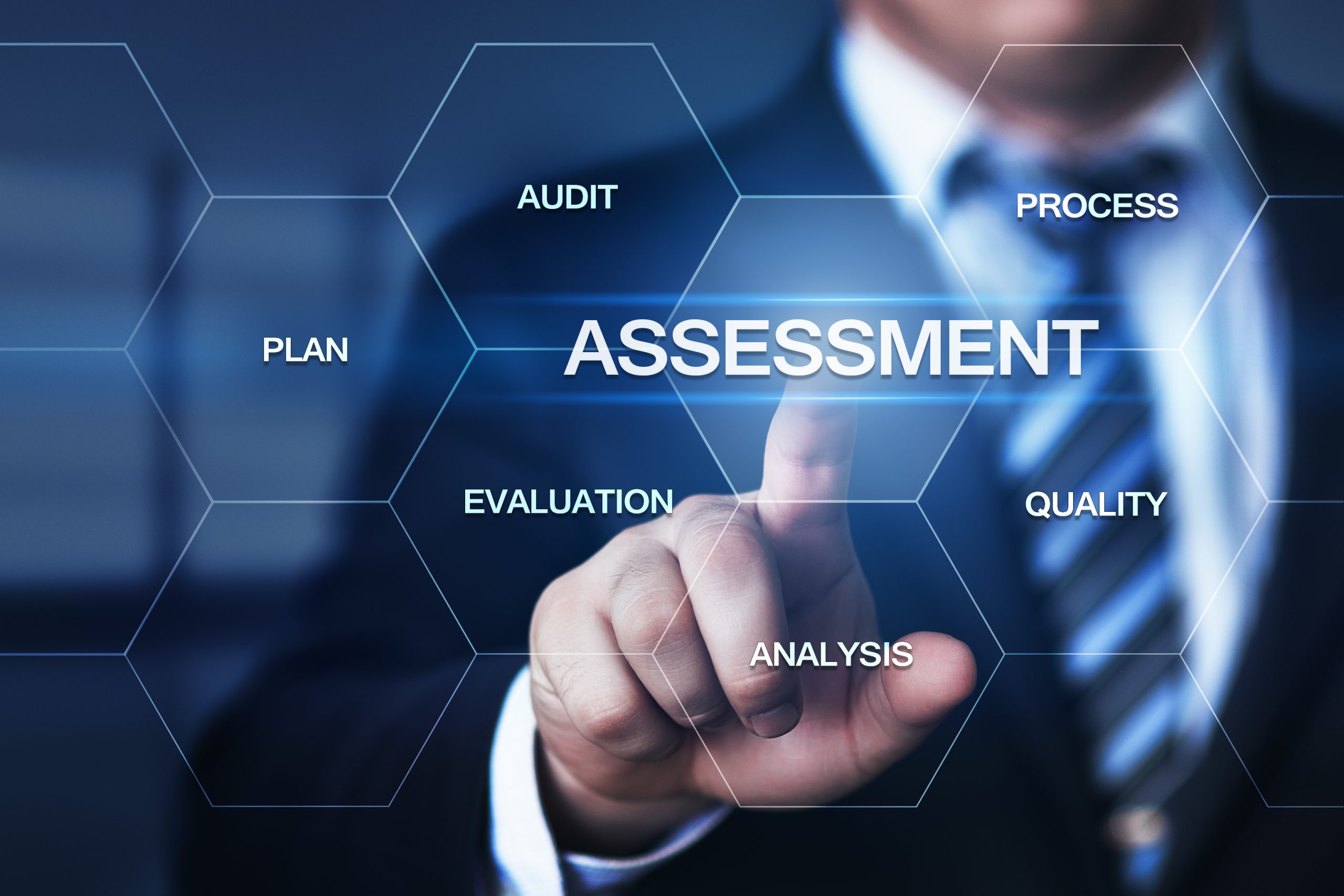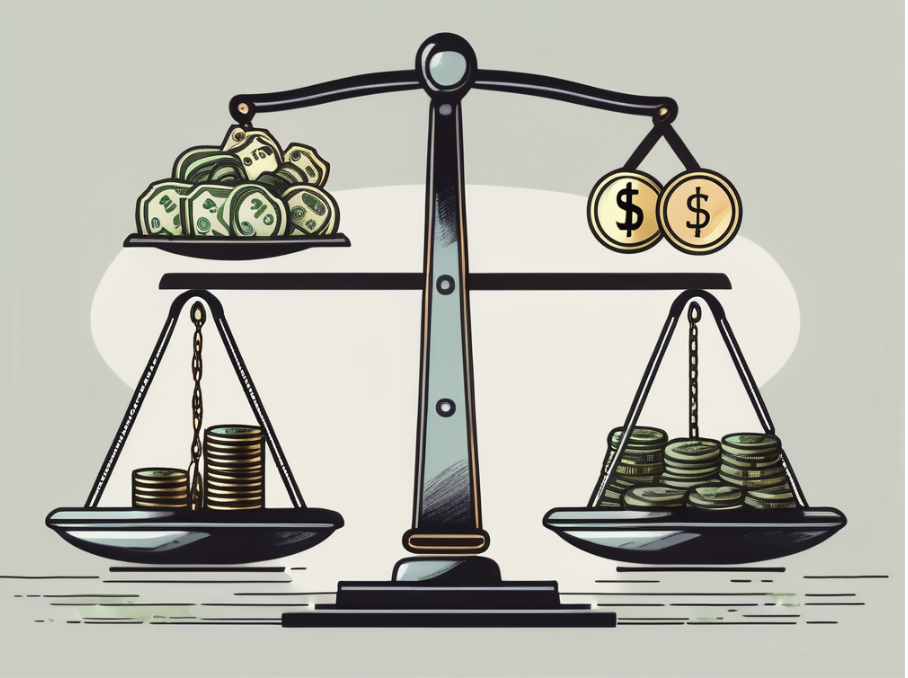How to Calculate the Selling Price for a Business?
Discover the secrets to calculating the perfect selling price for your business with our comprehensive guide.

Determining the right selling price for a business is a crucial step in the sales process. It requires a thorough understanding of the market, the business’s financial standing, and its unique assets and liabilities.
You can ensure that you set the accurate price for the business by using a systematic approach. This approach will help you determine the true value of the business. In this article, we will explore the key factors to consider when calculating the selling price for a business.
Understanding the Basic Principles of Business Valuation
To calculate the selling price, you need to understand the basics of business valuation. Business valuation determines a business’s value by considering factors like financial performance, market conditions, industry trends, and asset value. To find the selling price, you must know about business valuation.
This determines a business’s worth by looking at things like financial performance, market conditions, industry trends, and asset value. Business valuation determines a business’s value by considering factors like financial performance, market conditions, industry trends, and asset value.
Different methods, like income, market, and asset-based, can be used to determine the value of a business. Each method takes into account different factors and can provide valuable insights into the business’s worth.
The income approach to business valuation focuses on the potential future earnings of the business. This method considers the projected cash flows and applies a discount rate to determine the present value of those cash flows. By analyzing the business’s historical financial statements and forming logical predictions regarding its future performance, an appraiser can estimate the business’s value based on its income-generating potential.
The market approach, on the other hand, compares the business to similar companies that have recently been sold. This method relies on market data and transactions to determine the value of the business. An appraiser can determine a business’s value by examining comparable sales and considering factors such as size, industry, and growth potential. This is done by analyzing market trends and investor sentiment.
The asset-based approach focuses on the value of the business’s tangible and intangible assets. This method considers the net book value of the business’s assets, which includes its property, equipment, inventory, and intellectual property. Additionally, it takes into account the value of the business’s goodwill, brand recognition, customer relationships, and other intangible assets. By assessing the fair market value of these assets, an appraiser can estimate the overall value of the business.
Business valuation is not precise and involves financial analysis, industry knowledge, and professional judgment. Different methods can give different results. External factors like market conditions and economic factors can affect a business’s value, so regular updates are necessary.
Assessing the Value of a Business’s Assets
One of the key aspects of calculating the selling price is assessing the value of a business’s assets. Assets can include tangible assets such as property, equipment, inventory, and intangible assets such as intellectual property, goodwill, and customer relationships.
When evaluating tangible assets, it is important to consider various factors that can influence their value. Market value plays a significant role in determining the worth of tangible assets. Assessing the current market conditions and comparing the prices of similar assets can provide valuable insights into their value.
Another crucial factor to consider is the age of the assets. Older assets may have depreciated in value over time, while newer assets may still hold a higher market value. The condition of the assets is also a critical aspect to evaluate. Assets in good condition are worth more than those in bad condition or needing major repairs.
If the business is in a growing industry, its assets may be worth more. Assets that are well-maintained have higher demand and profits. This is because they hold more value compared to assets in bad condition or needing major repairs. If the business operates in a thriving industry, its assets might have a higher worth.
Furthermore, it is important to assess the potential for future growth when determining the value of tangible assets. If the business is in a growing industry, its assets may be worth more. This is because there is a chance for higher demand and profits.
Intellectual property, such as patents, trademarks, and copyrights, can greatly impact a business’s value. Additionally, goodwill and customer relationships can significantly affect a business’s revenue and value.
Knowing the true value of a business’s assets is crucial for setting the correct selling price that reflects its worth. Considering market value, age, condition, growth potential, relevance, uniqueness, and impact on revenue and profitability helps assess the assets’ overall worth.
Calculating the Value of a Business’s Liabilities
In addition to assessing assets, it is equally important to calculate the value of a business’s liabilities. Liabilities can include outstanding debts, loans, leases, and contractual obligations. These obligations need to be taken into account when determining the overall value of the business.
Thoroughly review the business’s financial records, contracts, and agreements to identify any outstanding liabilities. Think about things like interest rates, when payments are due, and how these debts might affect the business’s future money. Interest rates on certain debts can greatly impact a company’s ability to make money and fulfill financial responsibilities.
Outstanding debts are a significant component of a business’s liabilities. These can include loans from financial institutions, credit lines, or outstanding payments to suppliers. It is crucial to identify the exact amounts owed, the interest rates associated with these debts, and the repayment terms. By understanding these details, you can accurately assess the financial burden that these liabilities impose on the business.
Another important aspect to consider when calculating a business’s liabilities is leases. Many businesses rely on leased equipment, office spaces, or vehicles to operate. These lease agreements often come with specific terms and conditions that outline the financial obligations of the business. It is essential to review these agreements thoroughly and identify any potential penalties or fees for early termination or non-compliance.
It is important to carefully evaluate contractual obligations and consider their potential impact on a business’s financials and cash flow. Understanding payment schedules, penalties, and interest rates is crucial for accurate valuation and meeting financial responsibilities.
Determining the Relevant Market Price
The market price plays a significant role in determining the selling price of a business. It is essential to conduct thorough market research to gain insights into the prices at which similar businesses are being sold.
Consider industry trends, demand and supply dynamics, and the overall economic conditions to determine the relevant market price for the business. This will ensure that the selling price aligns with the current market conditions and the expectations of potential buyers.
Evaluating the Business’s Cash Flow Potential
One of the key factors that potential buyers consider when evaluating a business is its cash flow potential. Cash flow is the money coming in and going out of a business, showing its financial health and sustainability.
Evaluate the company’s past and expected money flow, considering things like income sources, costs, and possible future expansion. This evaluation will help determine the value of the business based on its ability to generate consistent cash flow.

Taking Into Account Intangible Assets
Besides physical assets, intangible assets like intellectual property, brand reputation, and customer relationships greatly affect a company’s worth. These assets may not have a physical presence but can contribute to the future profitability and growth potential of the business.
Consider the uniqueness, relevance, and market position of the business’s intangible assets when calculating the selling price. A thorough assessment will help make sure that the value attributed to these assets, accurately reflects their contribution to the overall worth of the business.
Estimating the Risk Involved in the Transaction
Another critical factor to consider when calculating the selling price is the level of risk involved in the transaction. Business transactions come with inherent risks, such as market volatility, regulatory changes, and competition.
Evaluate the specific risks associated with the business, industry, and market conditions. Assess the potential impact of these risks on the future performance and profitability of the business. This evaluation will help determine the appropriate level of compensation for the risk undertaken by the buyer.
Making Adjustments to the Calculated Price
After considering all the factors mentioned above, you may need to make certain adjustments to the calculated price. These adjustments can account for unique circumstances, exceptional assets or liabilities, or any other factors that may impact the selling price.
Consult with business valuation experts for fair and accurate representation of the actual business value. Seek their advice to ensure the changes reflect the true value of the business.

Setting the Right Price for the Market
Setting the right price for the market is crucial for attracting potential buyers and maximizing the chances of a successful sale. It should consider the information gathered from the valuation process and align with current market conditions.
Get advice from experts to find the best selling price that is fair, competitive, and attracts potential buyers.
Professional Advice for Selling a Business
Selling a business can be complex, and seeking professional advice is crucial to ensure a smooth and successful transaction. Work with experienced professionals such as business brokers, attorneys, and accountants who specialize in business sales.
These experts can give helpful advice, help with pricing, and support you in selling a business. Their expertise can help you navigate the complexities of the sales process and ensure that you achieve the desired outcome.

IN CONCLUSION
To find the selling price of a business, you must consider various factors. These factors include valuation, assets, liabilities, market conditions, cash flow, intangible assets, and risk. It is also important to seek professional advice. This method helps you find an accurate price that reflects the true value of the company. It also increases the likelihood of a successful sale.
It All Starts With a FREE consultation!
Every client’s needs are unique and require varying amounts of time and attention. You can use this form to let us know what you’re looking for, and we’ll reach out to you to schedule an appointment and talk about rates for your business needs.
Please be as detailed as possible with what work is needed, what industry your business is in, and where you are located.
Our team will contact you with in 2 business days to set up the first meeting. We will make sure all your needs are taken into account when selecting the package and type of services you need.









Stay In Touch